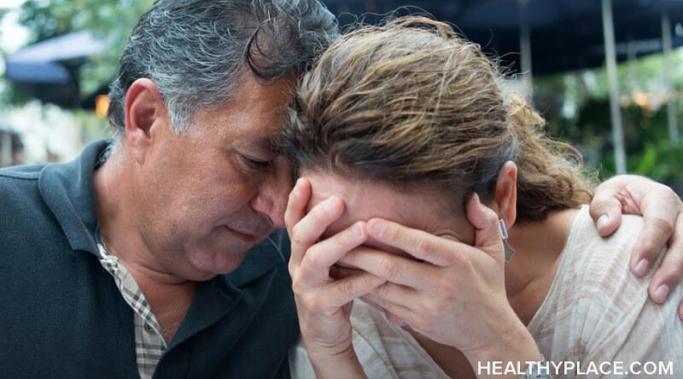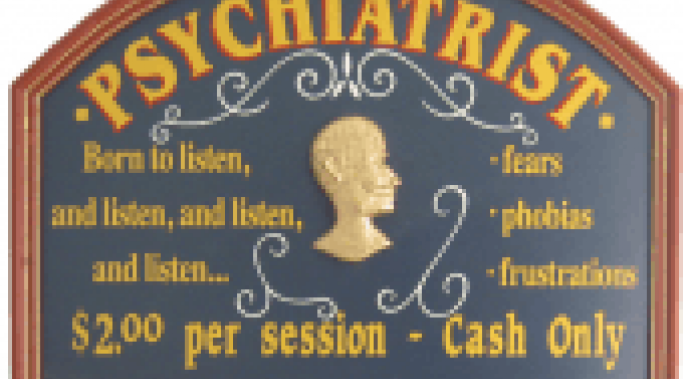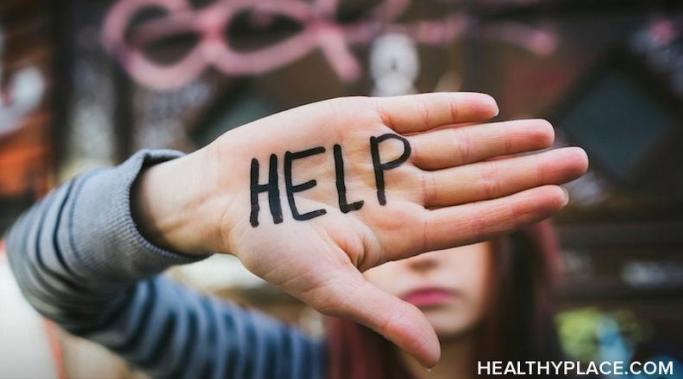OK. First, I should probably take a deep breath and think about this topic before I start throwing out adjectives. I hate the word Antipsychotic (oops!). I hate it as much as I would hate being deprived of chocolate and coffee - A heck of a lot. I have not used my 10,000 page thesaurus to define a word in a while now so, I cannot lie, I am looking forward to what defines this word.
Recovering from Mental Illness
Mental illness is commonly connected to stress and anxiety. Before a person receives treatment for a mental illness, he often experiences stress due to the uncommon behavior caused by the mental illness symptoms. Symptoms can cause behavior changes that initiate feelings of guilt, shame, and depression. Understanding the connection between stress and mental illness is important but it isn't always easy to separate the symptoms.
When we are first given the diagnosis of mental illness, our lives feel as if they are suddenly taken from us. Ripped from our hands. We are used to leaving our home when we please, eating when we are hungry or picking up the phone and calling someone. Once we have been diagnosed, we quickly find out: Our life is no longer entirely ours! And that, that, is scary.
This July, I published a book, The Third Sunrise: A Memoir of Madness. It was a long three-year process sprinkled with bouts of depression and anxiety, but happiness as well. I had always wanted to write a book about my experience with mental illness and addiction. The reality of it--exposing my life on paper--was much harder than I had originally thought. I suppose I was a little naïve?
What a silly title, right? After we reach adult maturity--hopefully before--we understand that the word 'normal' means very little. It is socially constructed and does not do anyone any good. But that does not mean it is not attached to our psyche, our feelings, in one way or another.
I was not sure what to title this post but the word pride came to mind. So, what is the theme here? Well, I was on my way to visit my lovely psychiatrist and I started thinking...
What Is It Like Being a Mental Health Patient?
When you were first diagnosed with a mental illness, you were probably pretty confused. Life became sort of foreign. Sometimes, the past felt like a preferable place to be, even if we were sick. After all, we didn't always know we were ill. But after we come to a place of acceptance, we learn a few things and one of them is understanding signs of a mental health relapse.
The title of this blog probably does not come as a surprise: When your mind shuts down your body reacts as well. It is not a positive reaction. It is directly connected to our brain chemistry. The neurons that are not acting as they should--a chemical imbalance. Simple, Right?
I could present you with thousands of research papers on this topic. All of them usually mention artists such as Van Gogh and writers like Sylvia Plath.
When you are first diagnosed with a mental illness, your life screeches to a halt--whether it has been moving too quickly or not fast enough, everything suddenly changes. Everything.









